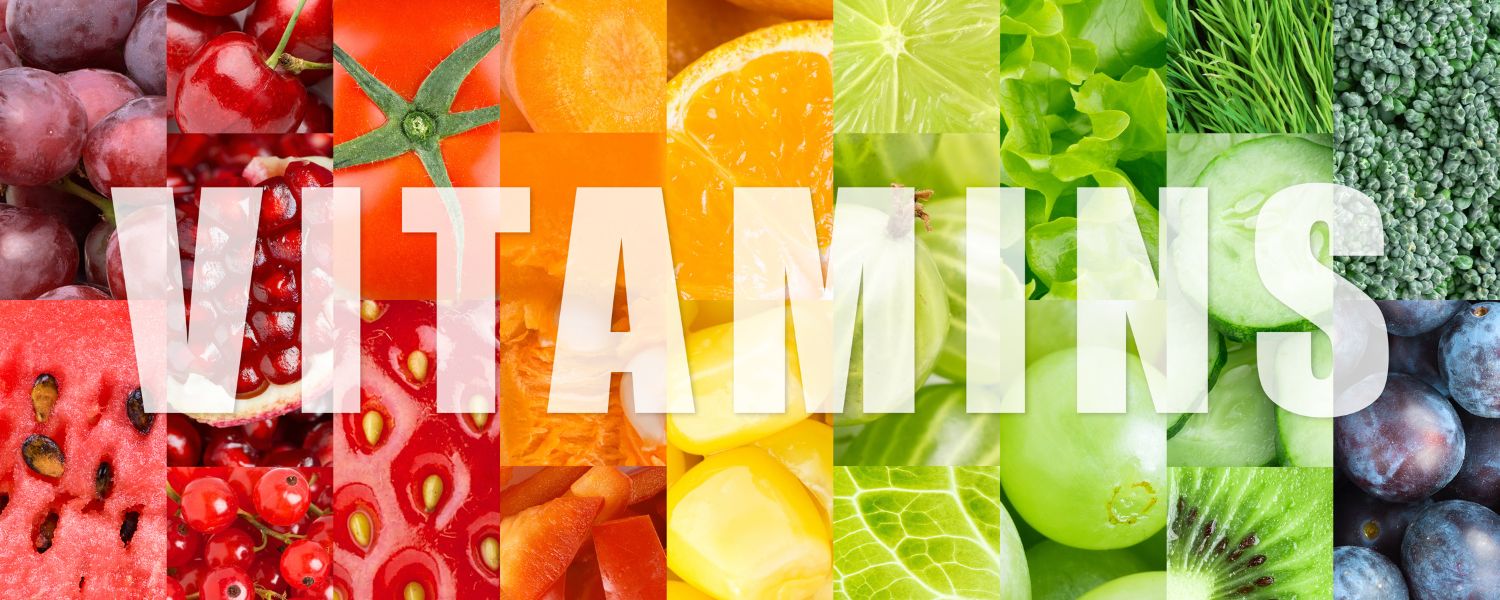It’s long since been established that a fully vegan diet comes with a range of health benefits, as it eliminates several entire food groups entirely, leaving you with fewer options, albeit more often than not, healthier ones.
If you’re looking to lose weight, a vegan diet may just be the answer to your problems, although there’s a lot more to it than just eliminating meat and other animal products.
Some have reported improvements in their heart health after taking on this dieting plan, and others have found it to be successful in staving off type 2 diabetes and even some forms of cancer.
Due to the wide array of benefits that this diet can offer, we’ll try to break it down into simpler factors for you to understand it fully.
Keep on reading and learn everything there is to know about vegan dieting and how you can put it to good use.
The advantages

As strange as it may sound, a vegan diet offers access to increased amounts of certain nutrients that you would have missed out on otherwise.
Due to relying heavily on foods that aren’t meats or animal products, veganism implies that you’ll be replacing a large portion of your diet with substitutes for the aforementioned products.
What this means is that you’ll be ingesting a much greater amount of fruits, vegetables, and nuts than your meat-eating peers.
With a diet like this, you may begin noticing that you’re consuming much more fiber and antioxidants than you may have earlier, including the increased amounts of vitamins A, C, and E.
All of the above can lead to a healthier lifestyle and can maintain your body’s defenses against infection, which is the #1 thing to look out for when searching for a health-focused dieting plan.
If you look at an average vegan’s iron intake, it’s often higher than that of an omnivore, although the downside is that the iron ingested from plants isn’t as easy to absorb as the iron found in animal products.
This being said, not all vegan diets are balanced and functional, and if you jump in headfirst without knowing what you’re doing, you could easily put yourself in a state of malnutrition within a month or two.
A proper vegan diet consists of a healthy balance of nutrients and vitamins, something that you can’t be expected to know right away if you’re not a skilled nutritionist yourself.
At times, you may even have to resort to supplements to offset to lower intake of vitamins B12, zinc, and calcium, as they’re not commonly found in plant-based foods.
Lose excess weight

If you do commit to a plant-based diet, you may find that you’re losing weight, and even if it may become difficult at first, the results you achieve will keep you going in the long run.
Of course, there’s no guarantee a vegan diet, or any diet actually, will help you lose weight, although there are more than enough reasons to at least give it a shot if you’ve run out of options.
A study found that those on a low-fat, high-fiber vegan diet were much more likely to lose weight than those on a standard low-fat diet.
One of the most celebrated weight loss diets is the Mediterranean diet, which has paled in comparison to the Vegan diet, which helped test subjects lose more weight than the other group that regularly consumed meat and fish.
Naturally, this subject may still require additional research to acquire conclusive results, mainly due to how many factors go into the effectiveness of a weight loss diet.
Lower your blood sugar

Apart from helping people on their weight loss journey, a vegan diet may also help those dealing with type 2 diabetes or kidney disease.
Even if you can’t commit to a fully vegan diet, just a smaller amount of plant-based foods being included in your daily meals can be of incredible help when it comes to reducing your risk of contracting diabetes.
A study from 2006 discovered that a vegan diet is actually more helpful when it comes to lowering blood sugars than the diet recommended by the American Diabetes Association at the time.
Several years later, a follow-up study found that 43% of the test subjects were able to lower their blood sugar lowering medication dosages, whereas only 26% of non-vegan participants were able to replicate these results.
There are also several claims that a vegan diet may be helpful when it comes to reducing the risk of suboptimal kidney function, although this requires additional research to confirm.
Bottom line
A vegan diet comes with a variety of benefits, most of which we haven’t even gone over, meaning that it’s up to you to continue your search for a vegan dieting plan that may just be what you’ve needed.
Plant-based diets are often looked down upon due to their lack of certain nutrients that the human body normally gets from animal products, but we’ve reached an age of technological advancement where even that is no longer an issue.
